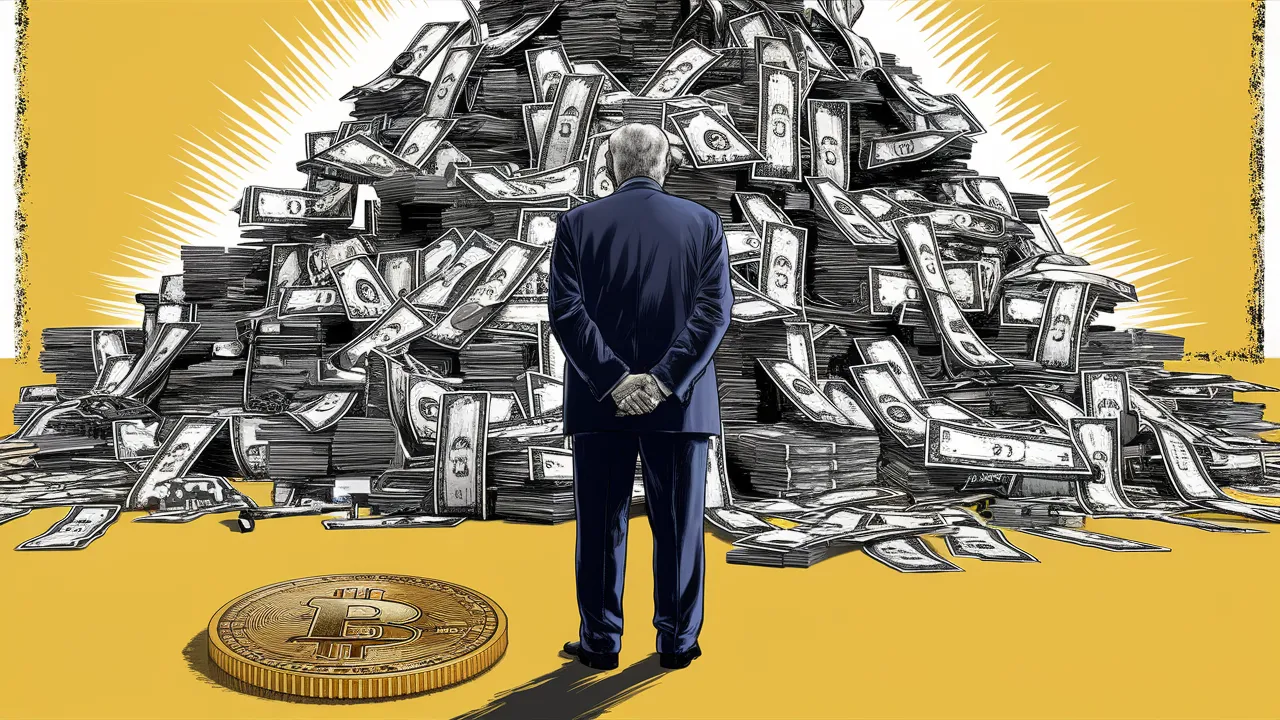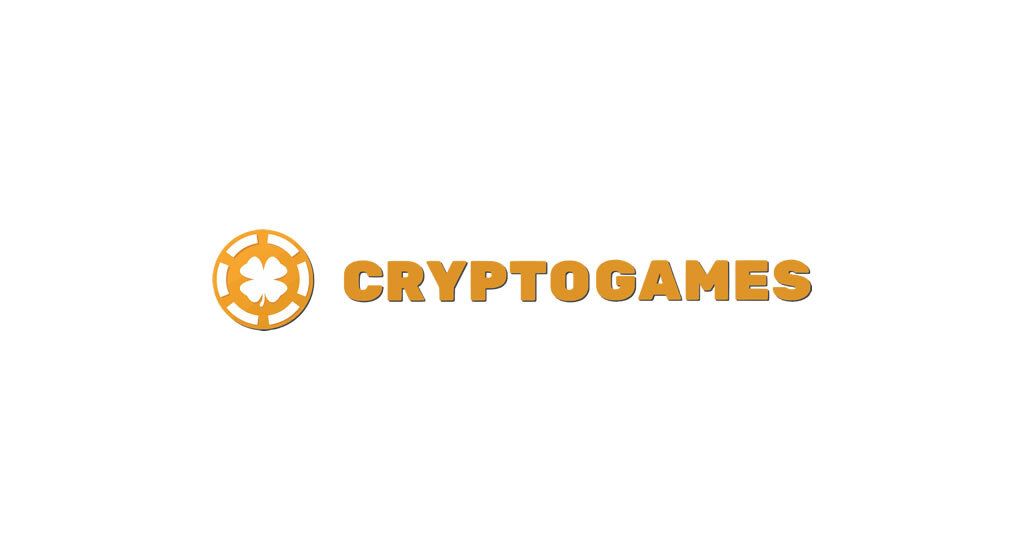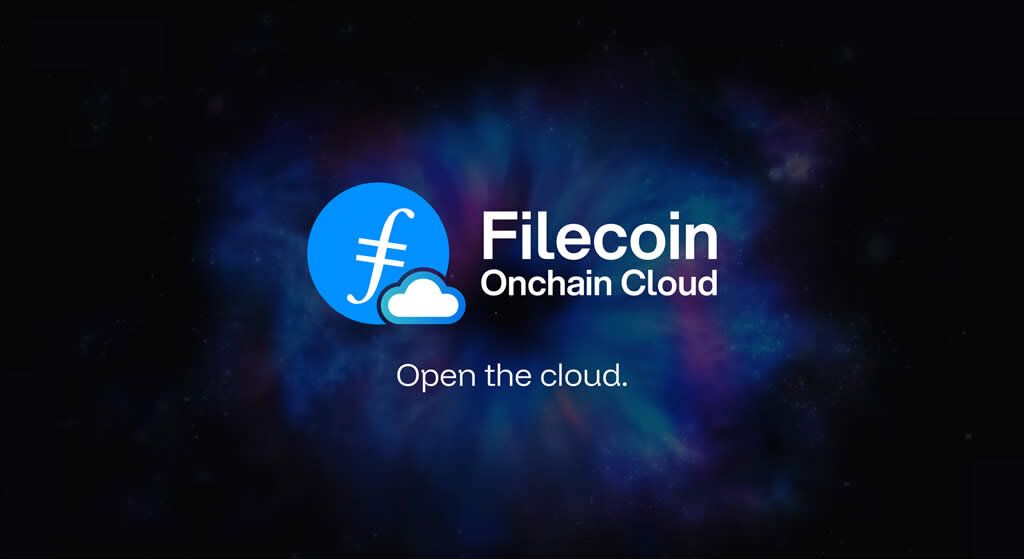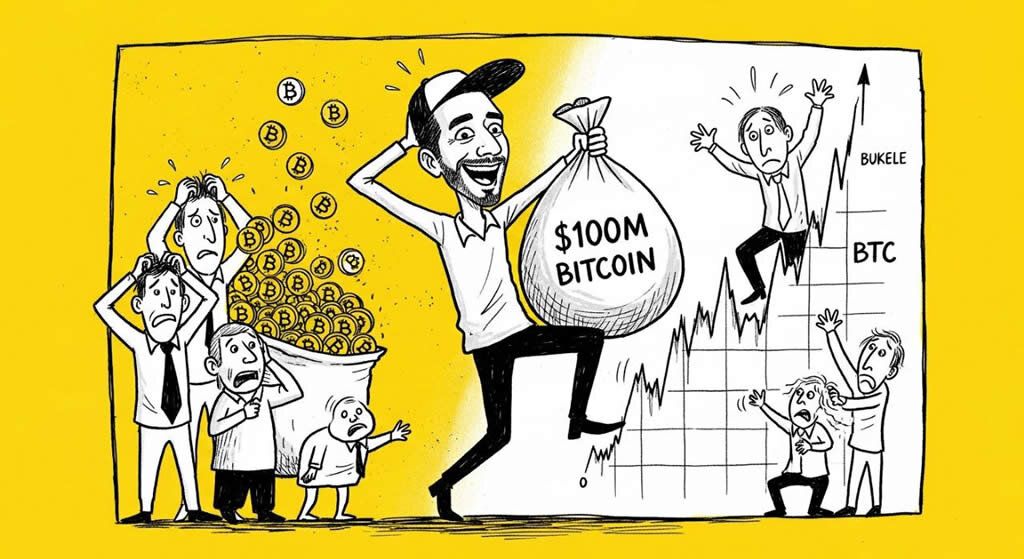El Salvador Bitcoin Law Reform
- El Salvador reforms its Bitcoin Law to secure a $1.4 billion IMF loan.
- Bitcoin acceptance becomes voluntary, stripping its mandatory legal tender status.
- Despite changes, El Salvador continues to accumulate Bitcoin.
El Salvador’s Bitcoin Law Overhaul
El Salvador’s Congress passed a significant reform to its Bitcoin Law, aligning with the International Monetary Fund’s (IMF) conditions for a $1.4 billion loan package. This legislative move was not just swift but also carried the weight of economic strategy. With a vote of 55 in favor and only 2 against, the reform passed, highlighting the urgency and political will behind this decision.
The IMF has been a vocal critic of El Salvador’s Bitcoin strategy since its inception. Concerns about financial stability, legal risks, and consumer protection have been at the forefront of their critique. The recent deal stipulates not only these legal reforms but also a commitment from El Salvador to reduce its fiscal deficit by 3.5% of GDP over three years, alongside measures to increase foreign reserves from $11 billion to $15 billion.
What’s Changed?
- Voluntary Acceptance: Previously, businesses were legally required to accept Bitcoin as payment. Now, this mandate has been lifted, making Bitcoin acceptance optional for merchants. This change aims to reduce the economic risks associated with the cryptocurrency’s volatility, as pointed out by the IMF.
- Legal Tender Status: Bitcoin no longer holds the official status of legal tender in El Salvador. This adjustment marks a significant pivot from the country’s pioneering role in cryptocurrency adoption, which was heralded by President Nayib Bukele back in 2021.
Despite the legal adjustments, El Salvador isn’t backing away from Bitcoin entirely. The country has continued its strategy of accumulating Bitcoin, with recent purchases adding 12 more BTC to its reserves.
President Bukele’s administration has made it clear that they see Bitcoin as part of a long-term strategy, with plans to “intensify” Bitcoin accumulation in 2025, according to a spokesperson from the El Salvador Bitcoin Office. Surveys from late 2024 indicated that only 8% of Salvadorans used Bitcoin for transactions, highlighting the challenge of widespread adoption even before these reforms.

© Cryptopress. For informational purposes only, not offered as advice of any kind.
Latest Content
- Bitcoin and Ether Outflows Deepen as Solana ETFs Attract $30 Million Inflow
- CryptoGames Redefines the Future of Crypto Gambling with Transparency, Innovation, and Unmatched Player Experience
- Introducing Filecoin Onchain Cloud: Verifiable, Developer-Owned Infrastructure
- El Salvador Acquires $100M in Bitcoin Amid Price Slump
- Bitcoin’s 14-Day RSI Signals Oversold Conditions
Related
- Bitcoin: On The Edge Of Mass Adoption Q&A with Elena Obukhova, Founder & CEO at FAS | Fintech Advisory Services What is the reason behind the adoption of Bitcoin as legal tender in Latin America? Why this region? Latin America is a very special region where the...
- Blend: an NFT Lending Protocol NFT Lending Blend is revolutionizing the world of cryptocurrency investments by combining the power of non-fungible tokens (NFTs) with innovative lending mechanisms. ...
- Flash Loans Flash loans are a form of Decentralized Finance’s (DeFi) loans that are quickly executed and do not need collateral. These flash loans are possible because of the way data is recorded on the Ethereum network. The flash loan is effectively...
- If Bitcoin Falls Below $21,000, Microstrategy Will Be Forced To Sell Some Of Their Bitcoin MicroStrategy's Bitcoin Holdings Could Be Wiped Out By A Market Crash....






